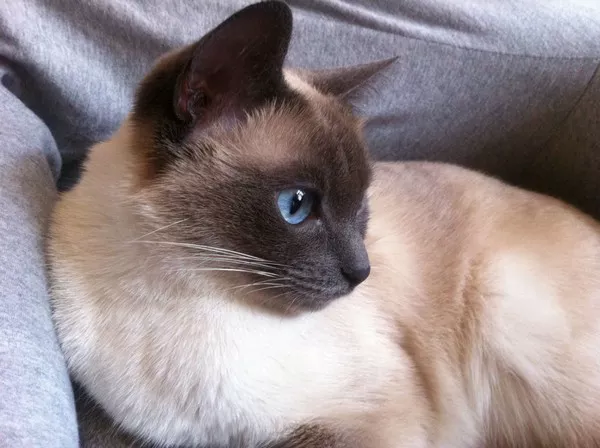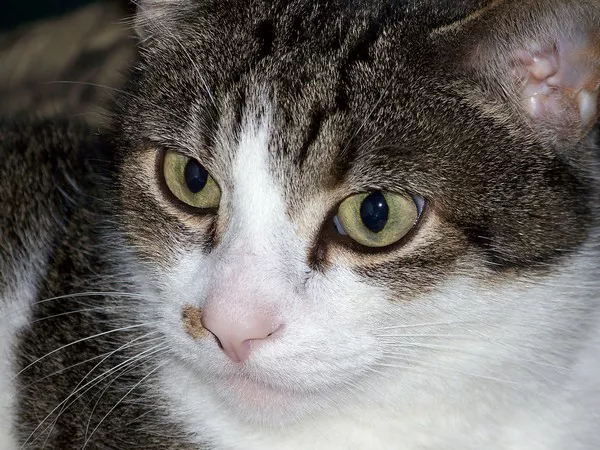Cats, those enigmatic and independent companions, have captivated human hearts for centuries. As obligate carnivores, their dietary needs differ significantly from their omnivorous human counterparts. This leads us to the crucial question: what is the best meat for cats? Understanding the nutritional requirements of feline friends is paramount for responsible pet ownership and ensuring their optimal health and well-being.
The Carnivorous Essence of Cats
Cats are obligate carnivores, a term indicating that their diets primarily consist of animal tissues and by-products. Unlike omnivores, who can sustain themselves on a variety of foods, cats require specific nutrients found in animal tissues to meet their metabolic needs. These essential nutrients include taurine, arachidonic acid, vitamin A, and several B vitamins, which are crucial for maintaining their health.
What Cats Need in Their Diet
Protein, the Pinnacle: Cats thrive on high-protein diets. Protein is essential for maintaining muscle mass, promoting healthy skin and coat, and supporting overall growth and development. Animal-based proteins are more biologically appropriate for cats than plant-based alternatives.
The Indispensable Taurine: Taurine is an amino acid vital for feline health. Cats cannot synthesize sufficient taurine on their own and must obtain it from their diet. Taurine deficiency can lead to severe health issues, including heart and vision problems.
Fats for Energy and Beyond: Healthy fats are crucial for a cat’s energy needs, as well as for nutrient absorption and supporting various bodily functions. Essential fatty acids, such as omega-3 and omega-6, contribute to skin and coat health, immune system function, and overall well-being.
Vitamins and Minerals: Cats require specific vitamins and minerals for proper growth and maintenance of bodily functions. Vitamin A, vitamin B complex, calcium, and phosphorus are among the essential elements that must be included in their diet.
Meat Options for Cats:
1. Poultry Pleasures: Chicken and turkey are popular choices for cat food due to their palatability and high protein content. These meats are rich in taurine and provide a lean source of protein.
2. Beef Benefits: Beef is another protein-rich option, supplying essential nutrients for feline health. However, it’s crucial to choose lean cuts to avoid excess fat content.
3. Fishy Temptations: Fish, particularly salmon and tuna, may be appealing to cats, but they should be offered in moderation. While fish provides omega-3 fatty acids, excessive consumption can lead to nutritional imbalances.
4. Lamb Love: Lamb is a less common but equally viable option, offering a distinct flavor and nutrient profile. As with other meats, lean cuts are preferable.
5. The Organ Advantage: Organ meats, such as liver and kidney, provide cats with additional essential nutrients. However, moderation is key, as excessive organ consumption can lead to vitamin A toxicity.
Commercial Cat Food: Striking the Right Balance
Many cat owners opt for commercial cat food as a convenient and balanced option. These foods are formulated to meet feline nutritional needs, often incorporating a blend of meats, vitamins, and minerals. When selecting commercial cat food, it’s essential to read labels carefully, ensuring that the primary ingredients are high-quality meat sources.
Homemade Diets: A Prudent Approach or Potential Pitfall?
While some pet owners prefer preparing homemade cat food to have more control over ingredients, this approach requires meticulous planning. Homemade diets must meet feline nutritional requirements, and consulting with a veterinarian or a feline nutritionist is crucial to prevent nutrient deficiencies or excesses.
Understanding Dietary Restrictions and Allergies
Just like humans, cats can have dietary restrictions and allergies. Some cats may develop sensitivities to certain proteins or ingredients. Monitoring for signs of allergies, such as gastrointestinal upset or skin issues, is essential. In such cases, a veterinarian’s guidance can help identify suitable alternative protein sources.
The Wet vs. Dry Dilemma: Which is Superior?
The debate between wet and dry cat food continues among pet owners. Both options have their advantages and considerations. Wet food provides hydration and can be beneficial for cats with urinary tract issues, while dry kibble promotes dental health. Ultimately, a balanced approach or consultation with a veterinarian can guide the choice based on the cat’s individual needs.
See Also: Including Beef Liver in Your Cat’s Diet
Conclusion:
In the quest to determine the best meat for cats, understanding their unique dietary requirements is paramount. A diet rich in high-quality animal proteins, supplemented with essential nutrients, contributes to the overall health and happiness of our feline companions. Whether opting for commercial cat food, preparing homemade meals, or navigating dietary restrictions, the key lies in ensuring a well-balanced and nutritionally complete diet for our cherished four-legged friends.

























